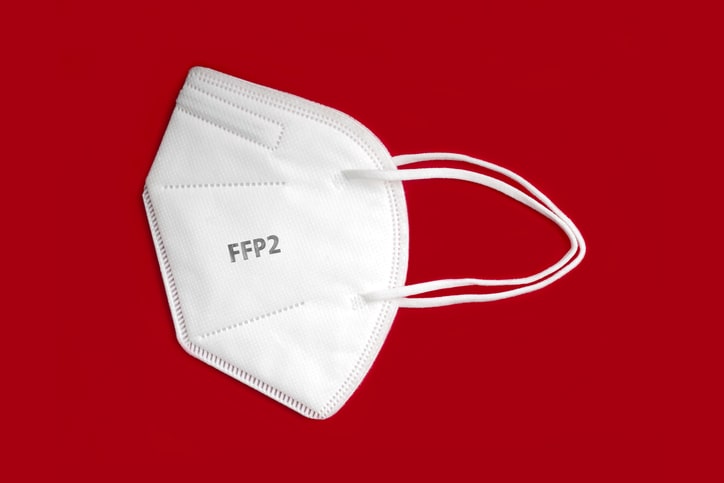
Previous studies have reported
associations between chronic kidney disease (CKD) and an increase in risk for
cardiovascular disease and worse cognitive performance. The risk factors for
CKD and dementia share similar factors including hypertension, diabetes
mellitus, stroke, myocardial infarction, and hyperlipidemia. However, according
to Jessica Mira Gabin, MD, and colleagues, there are few data on the
association between CKD and dementia. Epidemiological studies have found an
association between albuminuria and low glomerular filtration rate (GFR) and
Alzheimer’s disease (AD) and vascular dementia (VaD), but the findings have
been mixed and no associations have been published.
Moderately increased albuminuria
(formerly called microalbuminuria [MA]), is an early risk marker of renal
endothelial dysfunction. The importance of MA in cardiovascular disease is well
documented. The current population-based cohort study was designed to use
baseline albumin creatinine ratio (ACR) to examine the association between MA
and the risk for incident AD, VaD, and mixed AD/VaD. The researchers also
examined estimated GFR (eGFR) to determine if the association differed across
samples in varying stages of CKD. Results were reported online in BMC
Nephrology [doi.org/10.1186/s12882-019-1425-8].
The HUNT 2 survey (1995-1997)
conducted in Nord-Trøndelag County,
Norway, included 64,978 participants. Following application of exclusion
criteria, the current study included 48,508 participants. Of those, 668 were
diagnosed with dementia and 47,840 were not diagnosed with dementia. A total of
7606 died during the study period.
Mean age of the study sample was 49.5
years and mean eGFR was 78.8 mL/min/1.73 m2. Individuals diagnosed
with dementia were older, had reduced eGFR, higher systolic and diastolic blood
pressure, and higher prevalence of self-reported cardiovascular disease. Hazard
regression models did not reveal any statistically significant association
between eGFR and dementia or its subgroups. There were interactions between age
and eGFR in dementia and its subgroups.
MA Substudy
The MA substudy included HUNT 2
participants who self-reported diabetes mellitus and/or treated hypertension,
and a randomly selected non-diabetic/non-treated hypertensive sample. Those
participants were asked to deliver three urine samples from three consecutive days.
Subgroups were created to examine
those diagnosed with dementia and diabetes or treated for hypertension (n=184)
and those diagnosed with dementia and without diabetes or treatment for
hypertension (n=30). In addition, 5135 participants without dementia and with
diabetes or treatment for hypertension, and 1675 controls who were without
diabetes and were not treated for dementia were included in the analyses (total
number included in the analyses: 7024).
There were no differences across
quartiles of the total sample. Those diagnosed with dementia were older, had
higher systolic and diastolic blood pressure, lower renal function, and higher
cholesterol.
In analyses adjusted by age and other
variables at different albumin creatinine ratio (ACR) levels expressed in
quartiles, there was a positive association between increasing ACR and combined
AD/VaD. ACR in the fourth quartile (≥1.78 mg/mmol) was associated with
increased hazard ratio of VaD (3.97; 95% confidence interval, 1.12-14.07)
compared with ACR in the first quartile (<.53 mg/mmol). There were no sex
interactions or age interactions between ACR and total dementia, combined
AD/VaD, mixed Ad/VaD, or VaD in crude analyses.
The researchers cited some
limitations to the study, including competing risk from death and other causes
in a population of older adults; lack of access to a national prescription
registry that would have provided details regarding types of medications taken
by the participants; and the small number of participants with CKD.
In conclusion, the researchers said,
“Our results strengthen the hypothesis that vascular mechanisms may affect both
kidney and brain as an association between moderately increased albuminuria,
VaD, and combined AD/VaD was found. However, eGFR was not significantly
associated with dementia independent of diabetes mellitus or hypertension.”
Takeaway Points
- A study in Norway was designed to
examine the association between estimated glomerular filtration rate (eGFR) and
moderately increased albuminuria (MA) and dementia and subtypes of dementia
(Alzheimer’s disease (AD), vascular dementia (VaD), and combined AD/VaD. - There was an association between MA
and VaD and combined AD/VaD. - There was no significant association
between eGFR and dementia independent of diabetes mellitus or hypertension.







 © 2025 Mashup Media, LLC, a Formedics Property. All Rights Reserved.
© 2025 Mashup Media, LLC, a Formedics Property. All Rights Reserved.